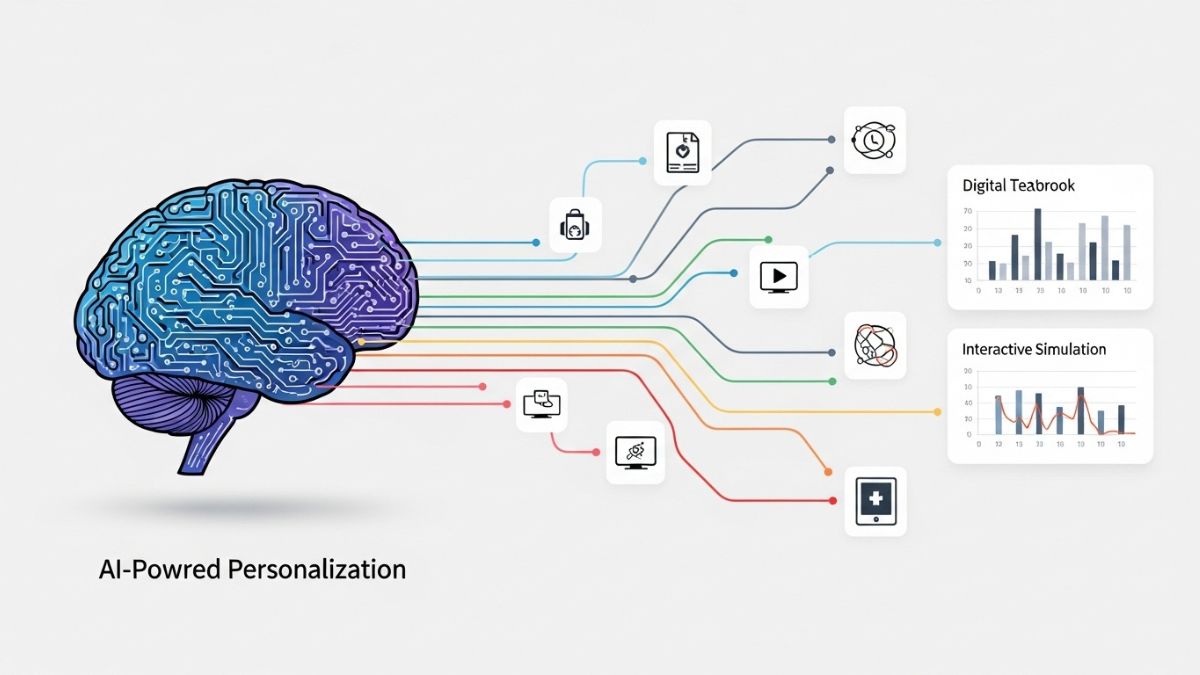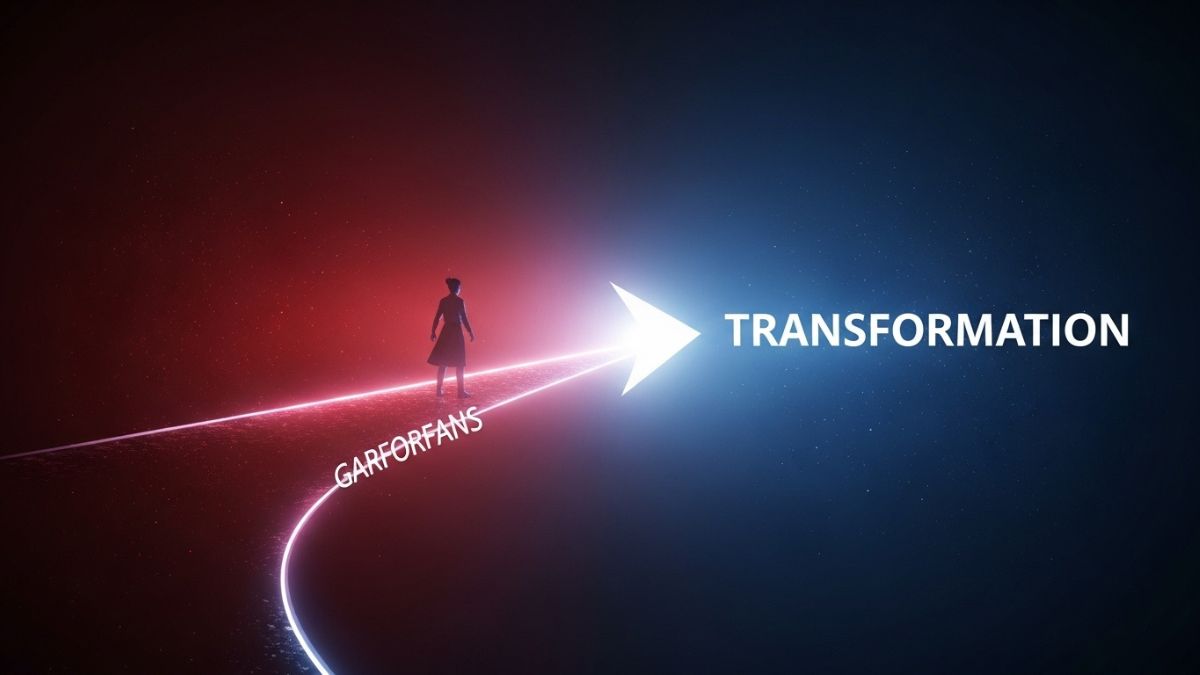The Midnight Library by Matt Haig is a thought-provoking novel that explores the complex intersection of life’s choices, regrets, and second chances. The story revolves around Nora Seed, a woman who finds herself caught between life and death in a mystical library. Each book in the library represents a different version of her life based on the choices she could have made. The narrative takes readers on a journey through various “what-ifs,” sparking deep reflection on the nature of regret, happiness, and self-discovery.
Nora Seed: A Protagonist Defined by Regret
Nora Seed is an ordinary woman dealing with extraordinary emotional turmoil. From failed relationships to unfulfilled dreams, Nora’s life is weighed down by regret. At the beginning of the novel, she feels trapped, believing that every decision she has made has led to disappointment. This overwhelming sense of failure pushes her to the brink, setting the stage for her journey into The Midnight Library. Nora’s relatable struggles with mental health make her an empathetic character, capturing the attention of readers who may have dealt with their own regrets.
The Concept of The Midnight Library
The Midnight Library is a magical place that exists between life and death. When Nora arrives, she meets Mrs. Elm, a librarian from her past, who guides her through an infinite number of books. Each book in the library offers Nora a glimpse into what her life could have been if she had made different choices. This intriguing concept gives readers a chance to think about their own decisions and how alternate realities might have unfolded if different paths had been taken.
The Role of Mrs. Elm
Mrs. Elm plays a significant role in Nora’s journey, not only as the librarian but as a mentor figure. She represents a calming, guiding presence in the chaotic world of the Midnight Library. Mrs. Elm helps Nora navigate through her different lives, offering wisdom and perspective as Nora explores what could have been. This relationship highlights the importance of having a mentor or guide, especially when navigating the complexities of life’s choices.
Exploring Regret: A Central Theme
One of the central themes in The Midnight Library is regret. Nora is overwhelmed by the weight of her past decisions and is given a chance to experience different versions of her life where those regrets don’t exist. The novel explores how much we, as individuals, focus on what we’ve lost rather than what we have. It raises important questions about whether it’s possible to live without regrets or whether regret is an essential part of the human experience.
The Many Lives of Nora Seed
Nora is given the opportunity to live out countless versions of her life—each one stemming from a different choice she could have made. These alternate realities range from becoming an Olympic swimmer to running a successful pub with her brother. Through these different lives, Nora begins to realize that no life is perfect, and each one comes with its own set of challenges. This realization teaches her an important lesson: fulfillment doesn’t come from erasing regrets but from accepting them.
Happiness Versus Success
As Nora navigates through her different lives, she confronts the question of what truly makes a person happy. Many of her alternate lives involve forms of external success—fame, wealth, and recognition. However, as she experiences each of these lives, she finds that success does not necessarily equate to happiness. This theme challenges societal notions of success, suggesting that personal contentment and peace often lie in simpler, more personal achievements rather than grand external accomplishments.
The Philosophy of Choice
Matt Haig uses The Midnight Library to explore the philosophy of choice. The novel emphasizes that every decision we make creates ripples, leading to countless other possibilities. However, the story also cautions against obsessing over what could have been, as this obsession can prevent us from fully appreciating the present moment. The novel suggests that it’s not the choices themselves but how we handle their consequences that define our happiness.
Mental Health and Self-Compassion
Mental health is a key issue addressed in the novel. Nora’s feelings of depression and anxiety serve as the catalyst for her journey, and her emotional struggles are portrayed with honesty and sensitivity. Throughout the novel, Nora learns the importance of self-compassion—realizing that it’s okay to not have everything figured out and that it’s possible to move forward even when burdened by past mistakes. This message is powerful for readers who may feel stuck or overwhelmed by their own lives.
The Power of Second Chances
One of the most uplifting aspects of The Midnight Library is its message about second chances. Nora’s journey through different lives is essentially a second chance at understanding herself and the choices she has made. The novel argues that while we can’t change the past, we can always adjust our perspective on it, offering us the opportunity to live more fulfilling lives moving forward.
A Lesson in Acceptance
At its core, The Midnight Library is about accepting life for what it is—flaws, regrets, and all. Nora learns that while it’s natural to wonder about the path not taken, true happiness comes from embracing the life we have and making the best of it. This lesson of acceptance resonates deeply, encouraging readers to let go of their regrets and find peace in the present.
The Emotional Impact of The Midnight Library
The novel’s emotional depth is one of its strongest aspects. Matt Haig expertly captures the complexity of human emotions, from despair to hope, making the story deeply relatable. Readers are likely to find themselves reflecting on their own lives and decisions, which adds to the emotional power of the narrative.
Why The Midnight Library Appeals to Readers
The Midnight Library has resonated with readers worldwide due to its universal themes of regret, choice, and self-discovery. The story encourages introspection, asking readers to think about their own lives and the ways in which they might be able to live more fully. Haig’s accessible writing style and engaging plot make the novel both thought-provoking and entertaining.
Conclusion
The Midnight Library is more than just a novel—it’s a meditation on life, choices, and what it means to be happy. Through Nora’s journey, readers are reminded that while we can’t change the past, we have the power to shape our future by embracing the present. Whether you’re dealing with regrets or simply curious about the possibilities that life offers, The Midnight Library provides a comforting, thought-provoking escape into a world where anything is possible.
FAQs
What is The Midnight Library about?
The Midnight Library is a novel by Matt Haig that explores themes of regret, choice, and second chances through the story of Nora Seed, a woman who navigates various alternate realities.
Is The Midnight Library suitable for all ages?
While it is primarily aimed at adults, The Midnight Library can be appreciated by mature younger readers as well, especially those interested in themes of self-discovery and mental health.
How does The Midnight Library deal with mental health?
The novel addresses mental health by portraying Nora’s struggles with depression and anxiety. It highlights the importance of self-compassion and personal growth.
Does The Midnight Library have a happy ending?
Without giving too much away, The Midnight Library offers a hopeful and uplifting conclusion, focusing on the themes of acceptance and self-understanding.
What is the main lesson of The Midnight Library?
The main lesson is that life is full of choices and regrets, but true happiness comes from accepting our lives as they are and finding meaning in the present.











